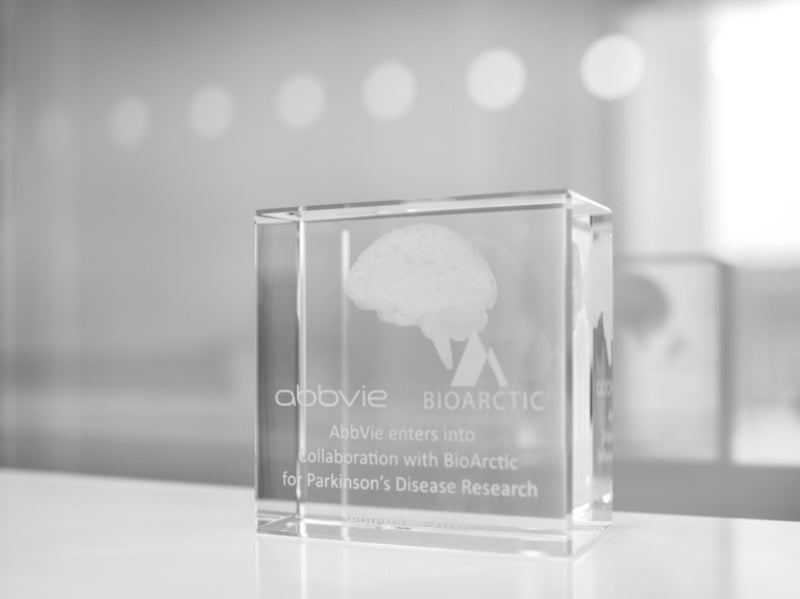
Swedish biopharma company BioArctic has secured clearance from US Federal Trade Commission (FTC) to out-licence its alpha-synuclein antibody portfolio to AbbVie.
The portfolio is intended for the treatment of Parkinson’s disease and other potential conditions.

Discover B2B Marketing That Performs
Combine business intelligence and editorial excellence to reach engaged professionals across 36 leading media platforms.
AbbVie decided to licence the therapeutics under an option that is part of the research, development, option and license agreement signed with BioArctic in September 2016.
Under the partnership, AbbVie and BioArctic agreed to develop and commercialise the latter’s antibody products targeting pathological species of alpha-synuclein for potential indications, including Parkinson’s.
The aggregate value of the agreement is approximately $755m with additional royalties. Previously, BioArctic obtained $80m from AbbVie.
The exercise of drug-related option triggers a milestone payment of another $50m from AbbVie to BioArctic.

US Tariffs are shifting - will you react or anticipate?
Don’t let policy changes catch you off guard. Stay proactive with real-time data and expert analysis.
By GlobalDataWithin the licensed portfolio, BAN0805 is said to be the most advanced alpha-synuclein antibody being developed as a disease modifying therapy for Parkinson’s.
AbbVie intends to further advance the therapeutic (now called ABBV-0805) into clinical development, and plans to conduct the first clinical study next year.
BioArctic will continue to be responsible for other agreed activities under the ongoing alliance.
BioArctic CEO Gunilla Osswald said: “I am very pleased that AbbVie has licensed BioArctic’s alpha-synuclein antibody portfolio as this decision marks an important milestone and strengthens our collaboration.
“I am looking forward to continuing the successful partnership with the ambition to deliver a new innovative disease modifying treatment to improve the quality of life for the large number of patients with Parkinson’s disease.”
Considered as the second most common neurodegenerative disorder globally, Parkinson’s is estimated to affect approximately 12.9 million people by 2040.
Alpha-synuclein gene mutations are believed to be associated with the development of Parkinson’s in certain patients who suffer from an inherited form of the condition.




